PCOS Treatment in Texas: A Functional Medicine Approach to Restoring Hormonal Balance
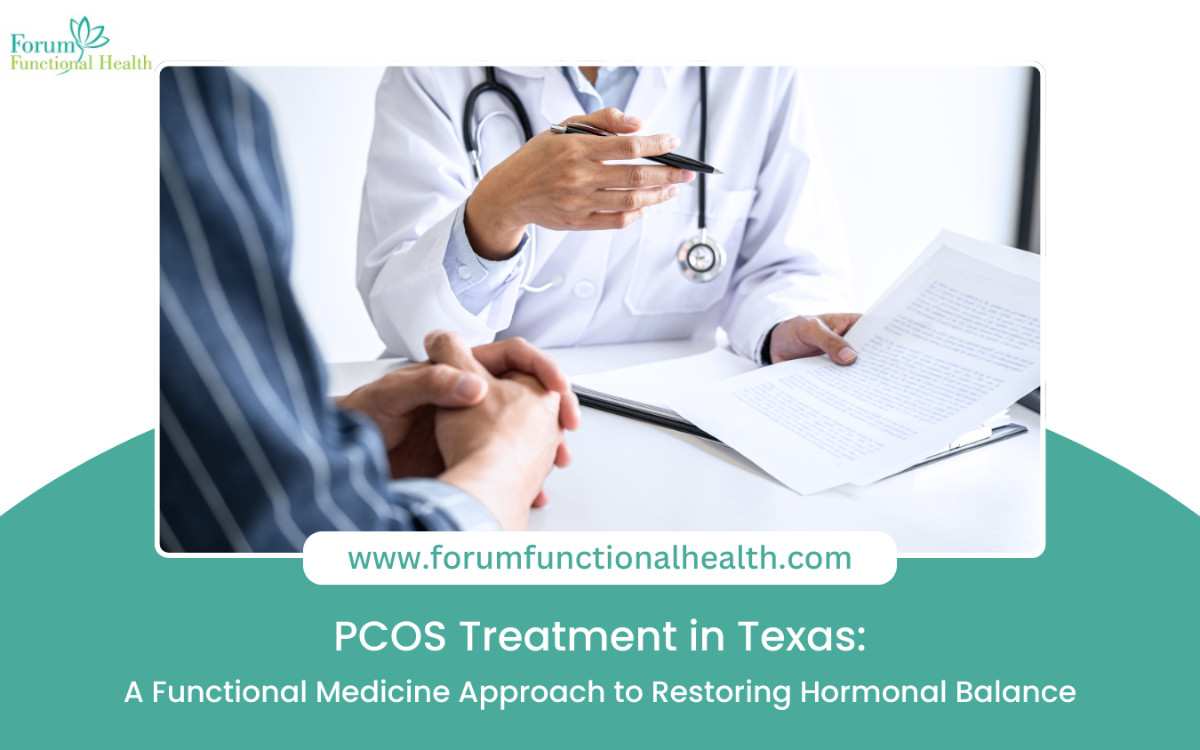
How Functional Medicine Can Help You Reclaim Your Hormonal Health Polycystic Ovary Syndrome (PCOS) is more than just a hormonal condition—it’s a daily challenge that affects everything from your energy levels to your emotional well-being. If you\’re dealing with weight fluctuations, irregular periods, or stubborn acne, you\’re not alone. At Forum Functional Health, we take […]
11 Ways to Completely Sabotage Your PCOS texas
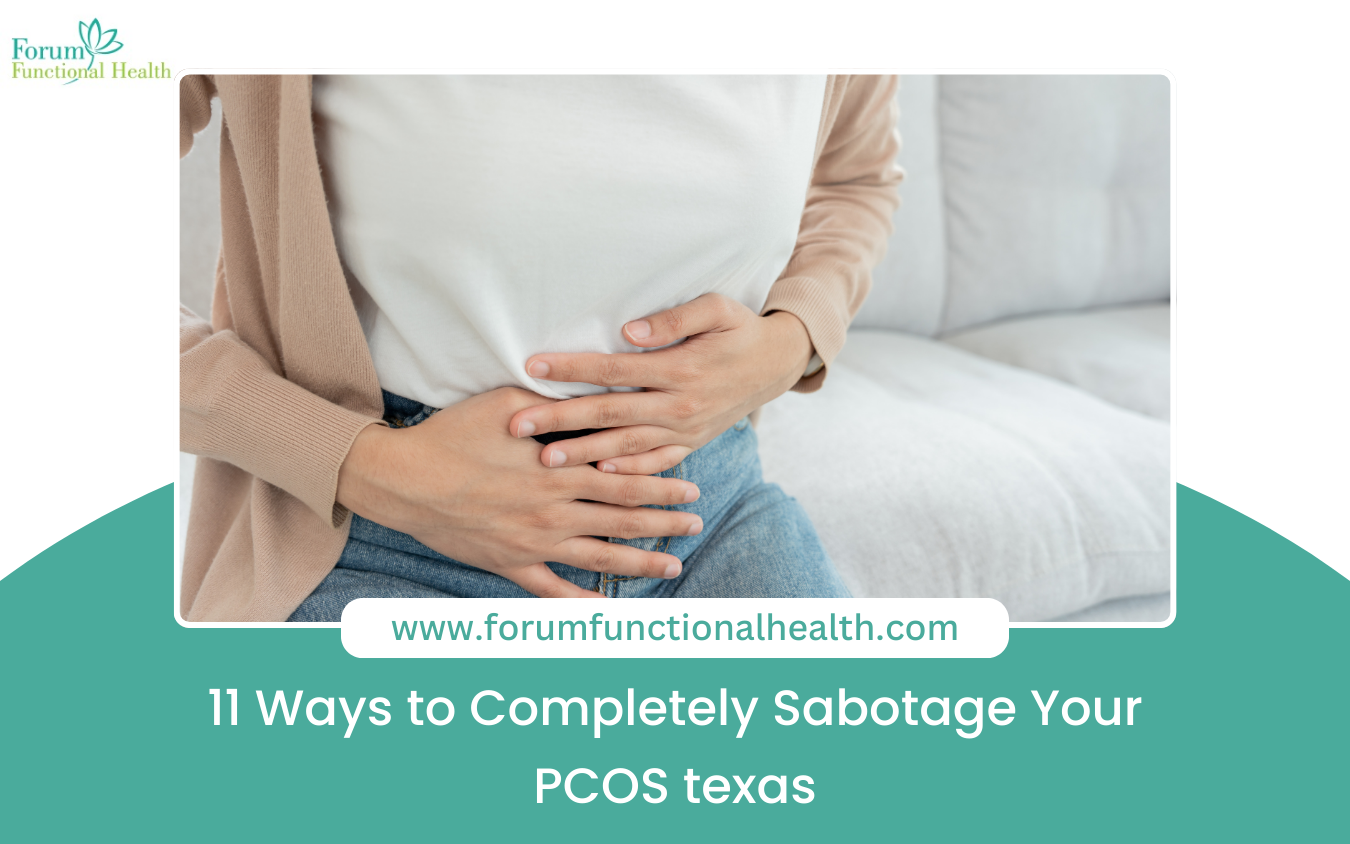
Polycystic Ovary Syndrome (PCOS) is a common hormonal disorder affecting 1 in 10 women of reproductive age. In Texas, where lifestyle factors like diet, stress, and access to healthcare can vary widely, managing PCOS can be particularly challenging. Unfortunately, many women unknowingly sabotage their health with habits that worsen their symptoms. In this blog, we’ll explore 11 ways […]
Top PCOS Treatment Options for Women: From Medications to Lifestyle Changes
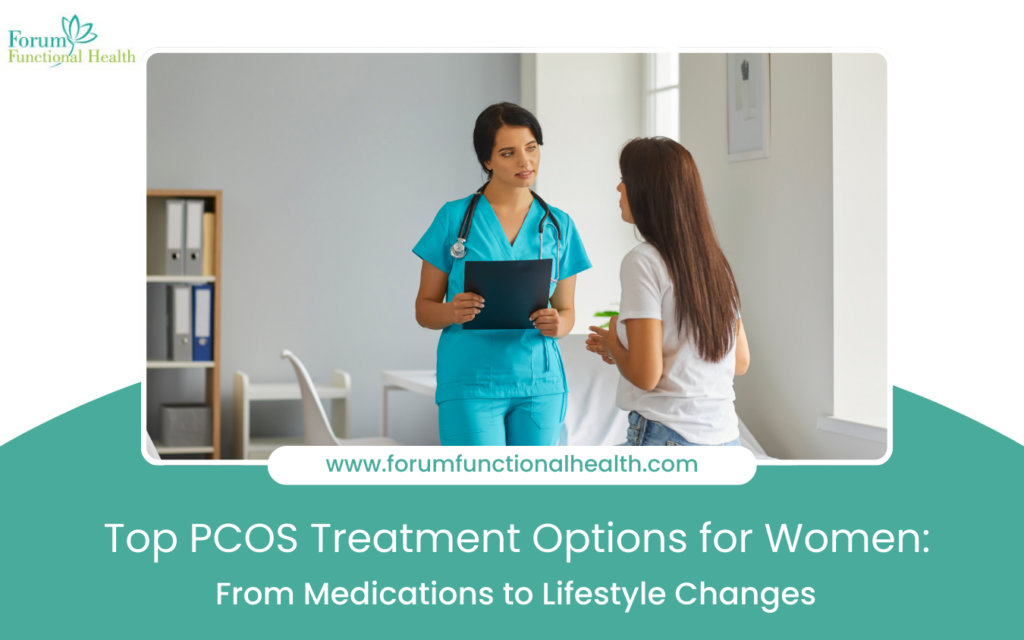
Polycystic Ovary Syndrome (PCOS) is a condition that affects millions of women worldwide, disrupting their physical health, mental well-being, and overall quality of life. Living with PCOS can feel overwhelming, especially when symptoms like irregular periods, weight gain, and infertility make daily life challenging. However, with the right guidance, you can manage PCOS effectively. Let’s […]
Polycystic Ovary Syndrome Symptoms: How to Recognize and Treat PCOS Early
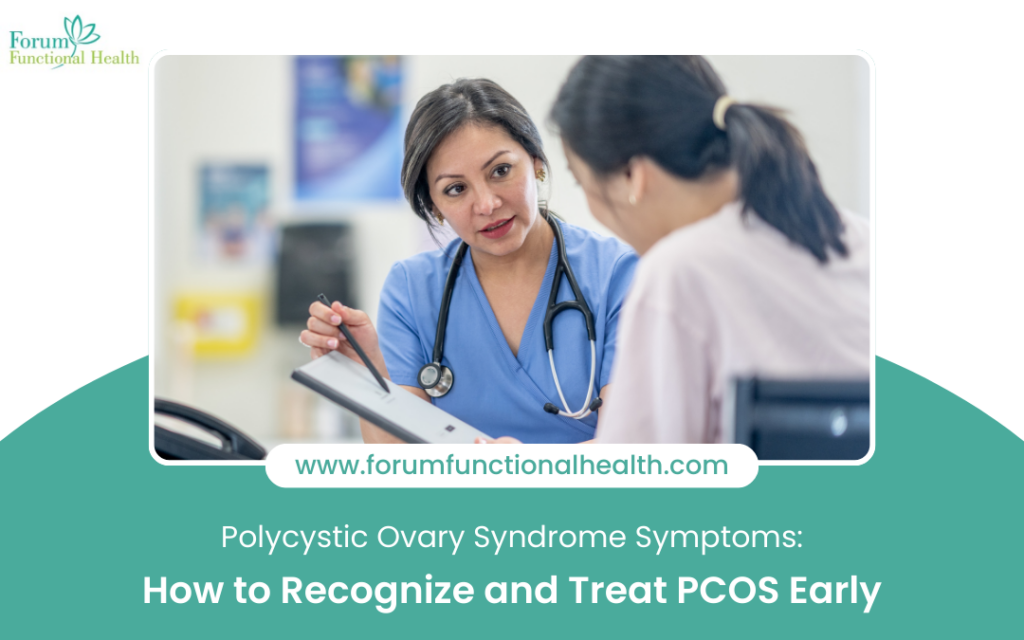
Polycystic Ovary Syndrome (PCOS) is a common condition affecting many women of reproductive age. This hormonal imbalance can lead to a range of distressing symptoms, from irregular periods to challenges with infertility. Early recognition and treatment are essential to manage PCOS effectively and improve overall well-being. This blog will explore the signs of PCOS, available […]
The Best PCOS Treatment Options: What You Need to Know
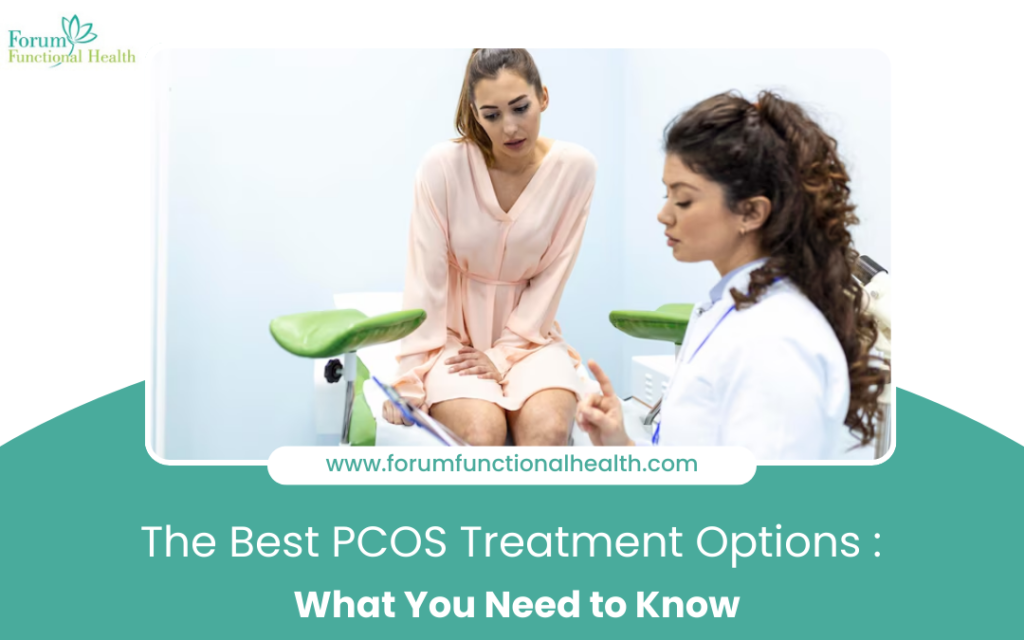
Polycystic Ovary Syndrome (PCOS) is one of the most common hormonal disorders affecting women, but the good news is that it can be managed effectively with the right treatment. Whether you’re struggling with PCOS symptoms or are just starting to explore your treatment options, it’s important to understand the most effective ways to manage this […]
Why Does PCOS Cause Infertility? Understanding the Impact on Fertility
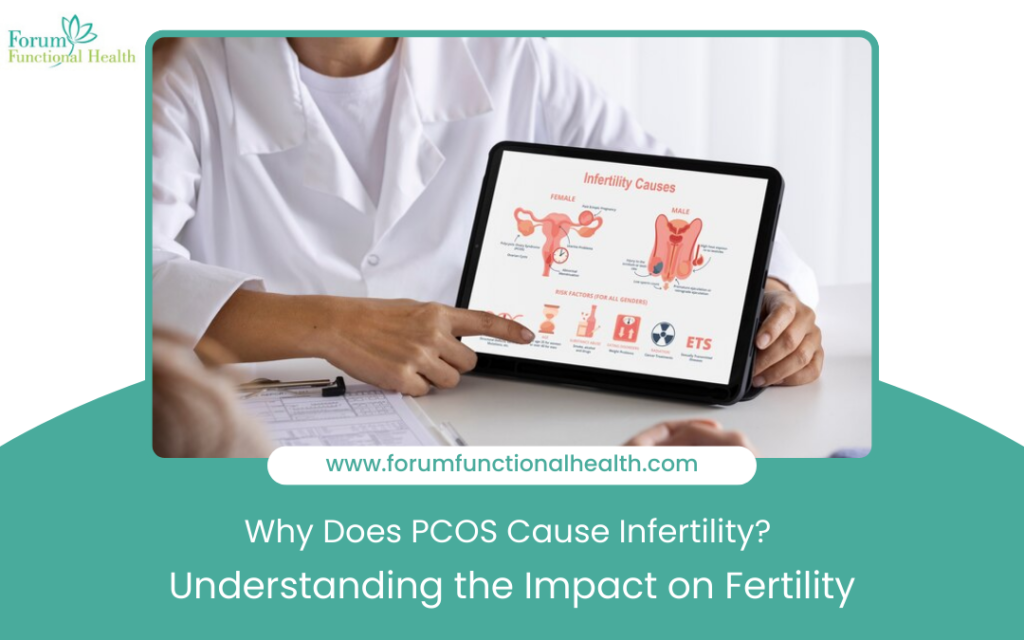
Polycystic ovary syndrome (PCOS) is a complex hormonal disorder that affects many women worldwide. One of the most challenging aspects of PCOS is its impact on fertility. If you’ve been diagnosed with PCOS or are struggling with infertility, understanding how this condition affects your ability to conceive is essential. In this article, we’ll explore why […]
What Are the Best PCOS Treatment Options
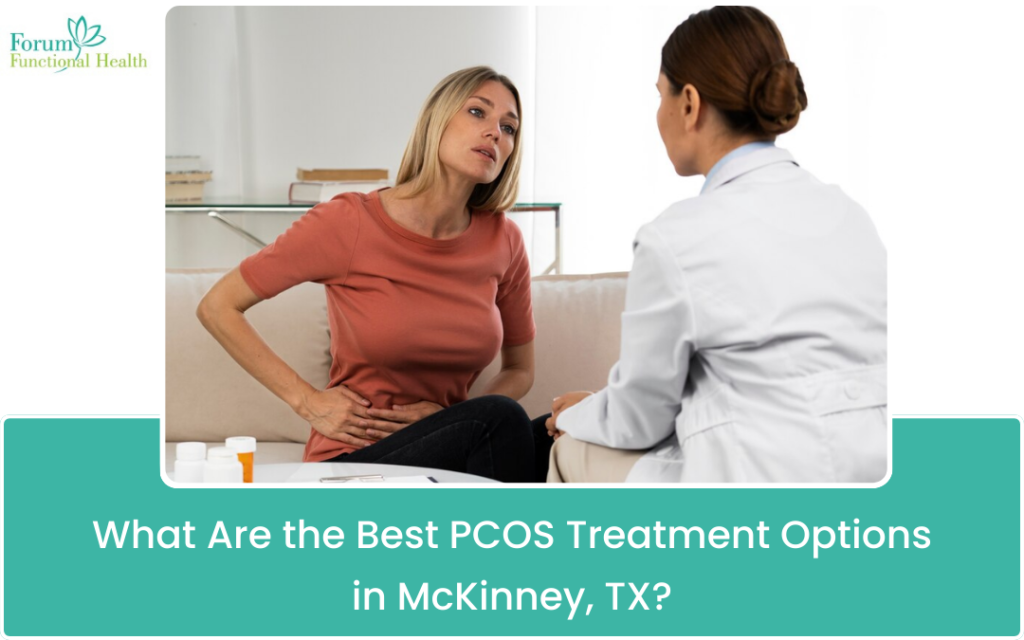
Polycystic ovary syndrome (PCOS) is a common hormonal disorder that affects many women of reproductive age. It can bring a range of symptoms, including irregular periods, weight gain, acne, and infertility, which can profoundly impact one’s physical and emotional well-being. If you’re searching for effective Polycystic ovary syndrome (PCOS) Treatment in McKinney, TX, you’re not […]
PCOS vs PCOD: What’s the Difference and Why It Matters? PCOS Treatment in Texas

Polycystic Ovary Syndrome (PCOS) and Polycystic Ovary Disease (PCOD) are two terms that are often used interchangeably, but they refer to distinct conditions. While both affect the ovaries and can lead to hormonal imbalances, understanding the key differences between PCOS and PCOD is essential for getting the right diagnosis and treatment. Women dealing with these […]
Can Your Period Suddenly Become Irregular? Understanding PCOS Symptoms and Treatment in Texas
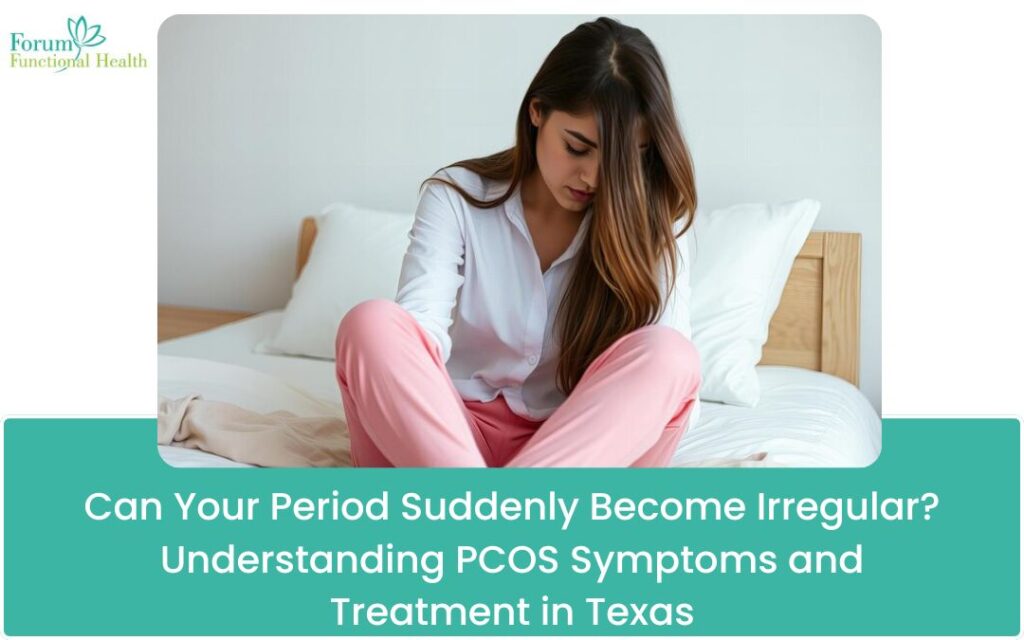
Experiencing sudden irregularities in your menstrual cycle can be both confusing and concerning. One common condition that may lead to such changes is Polycystic Ovary Syndrome (PCOS). In this blog post, we will explore the symptoms of PCOS, how it can affect your menstrual cycle, and the available treatments in Texas to help you manage […]
Can PCOS Lead to Infertility? Understanding the Risks and Solutions
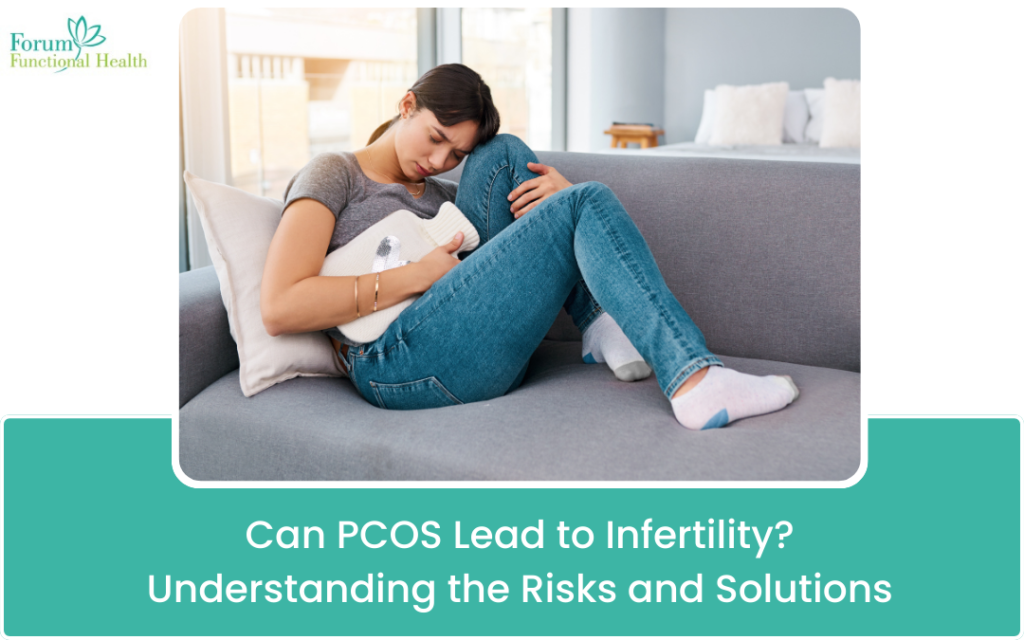
Polycystic Ovary Syndrome (PCOS) is a common hormonal disorder affecting many women of reproductive age. One of the most pressing concerns for women with PCOS is its potential impact on fertility. Can PCOS lead to infertility? In this blog post, we will explore the risks associated with PCOS and provide solutions to manage this condition […]
